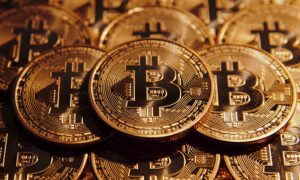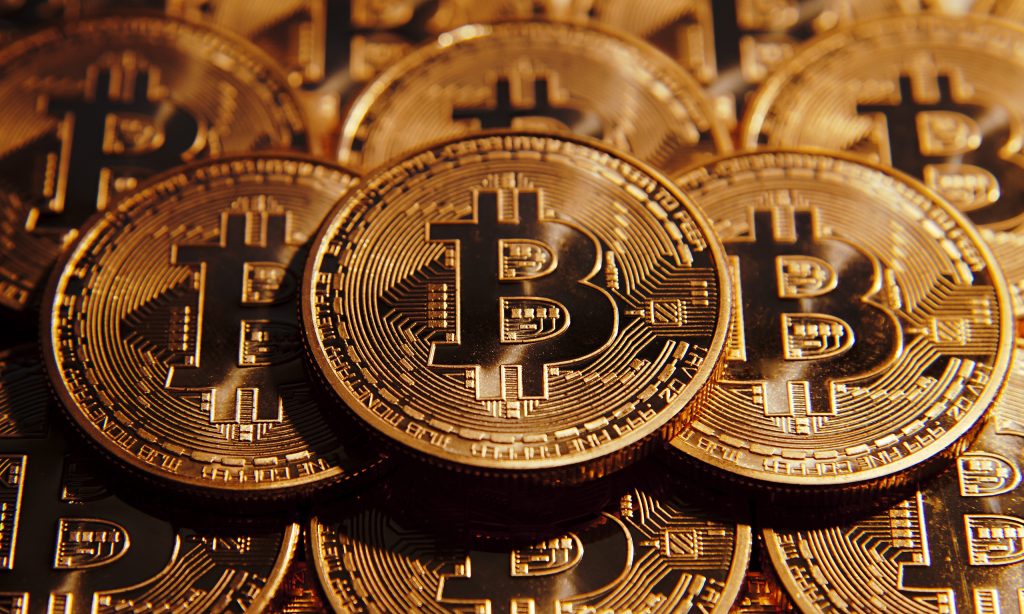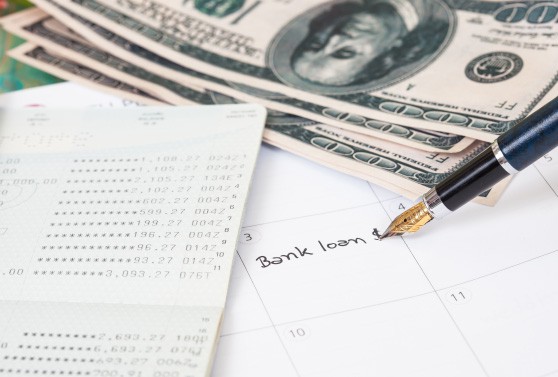Backgrounder
Bitcoin is a new kind of global payment network that many consider to be a currency as valid as a dollars, euros, and yen. Bitcoin is meant to be a quicker, cheaper, and more reliable form of payment than money that’s tied to individual countries. In addition, it’s the only form of money users can theoretically “mine” themselves, if they have the right computing power. And anyone can buy and sell bitcoins through exchanges. One big difference is that Bitcoin is entirely digital; no one is carrying around actual bitcoins in their pocket.
Bitcoin has become increasingly accepted as a currency on par with other currencies, to the point that it has become exchangeable with the dollar and the euro at prices accepted by the global financial community. It is now recognized in many countries, including the United States, at a means of commercial exchange, or a stored value of wealth, giving it the appearance of a bona fide currency.
Can Muslims use Bitcoin? And what should investors be aware of if they want to invest in it?
The Islamic perspective on Bitcoin
According to Azzad Asset Management Shariah Advisory Board Member Emeritus Dr. Abdulbari Mashal, Bitcoin exhibits a great degree of similarity to fiat paper money unbacked by gold and silver. The creation of individual bitcoins is problematic from an Islamic perspective, he says, because there is not a sovereign entity, like a country, that guarantees the currency. Eventually, however, bitcoins will no longer be created–the limit is 21 million as designed by the programmers–but the currency itself will remain as available and accessible as any other.
The lack of a central authority to regulate Bitcoin is a pro and a con. On one hand, people in developing countries may benefit from the ability to tap into a global network, avoiding transfer fees and dysfunctional commercial banks that may mismanage funds. On the other hand, in developed countries banks are able to guarantee cash deposits through federal programs. That feature does not exist with Bitcoin.

Bitcoin is sometimes compared to commodities in that there can only be a finite amount of bitcoins that are “mined.” Mashal points out, however, that this analogy does not hold. If Bitcoin were a type of good with intrinsic value, he says, it could then be considered similar to gold, silver, or another commodity. Being as it is a mere digital number, it bears greater resemblance to contemporary paper money.
“Gold and silver are recognized as goods in their own right. This is not the case for Bitcoin or paper money, which are not goods but only digits and paper, respectively.” Of course, Bitcoin differs even from paper money in that the latter is backed by the full faith and credit of an issuing sovereign.
An increasingly accepted viewpoint, however, is that of Shaykh Yousef Al Shubaily, an advisor to several global financial institutions. He says:
“Bitcoin is similar to any of money and it takes the same ruling. It is impermissible to trade a bitcoin with another bitcoin unless it is the in same amount and the trade is settled immediately on a cash basis. “It is permissible to trade it with a different type currency in different amounts, but settlement is required immediately. Paying a commission to convert the bitcoin currency to another currency is permissible because it is a fee for providing a service.”
This would also mean, many argue, that the general rules surrounding riba, or interest, should also be considered.
Bitcoin is still evolving, and with it, so are scholarly opinions. The ruling of whether trading in Bitcoin is entirely halal is still being adjudicated by some, and many opinions abound.
Should you invest in Bitcoin?
From an investment perspective, we know a couple of things for sure. For starters, it’s probably best not to dive into Bitcoin this early in its development. Bitcoin is an immature technology and holding it is extremely risky. Its value is highly volatile, and worse still, individual bitcoins can be difficult to store securely. Vulnerabilities to hackers, hard drive failures, and other technical glitches are all possible. There are even reports of malware circulating on the internet that scan people’s hard drives looking for bitcoins. If infected, it’s possible that unencrypted bitcoins can be lost forever. So unless you have a large appetite for risk and technical expertise, you should probably stick to more trusted candidates for investment.
What’s more, although bitcoins are not commodities, they resemble commodities’ negative investment characteristics in several ways. For instance, like gold and silver, bitcoins cannot generate cash on their own and are dependent entirely on price inflation to be profitable. Stocks, on the other hand, can generate income that is either reinvested in the business or returned to investors as dividends; they enrich shareholders in ways that commodities cannot. And like commodities, bitcoins are unlikely to outpace the rate of inflation over the long term, which has been about 2%. In addition, the IRS has said it will treat Bitcoin holdings as property rather than as a currency for tax purposes. That means that the sale or exchange of bitcoins that have increased in value since they were acquired could potentially trigger a tax liability.
If you’re not deterred by the negative investment characteristics of Bitcoin, at least consider limiting the amount of money you invest to no more than you’re willing to lose. A diversified portfolio made up of conventional asset classes may seem less exciting than buying into the latest trend, but it is certainly better than the frayed emotions and catastrophic losses often caused by speculative investing.
Investing in Bitcoin is highly speculative, illiquid (cannot be traded easily for cash), and risky. Azzad does not invest in this or any other currency for its clients.



